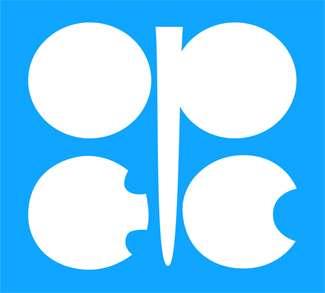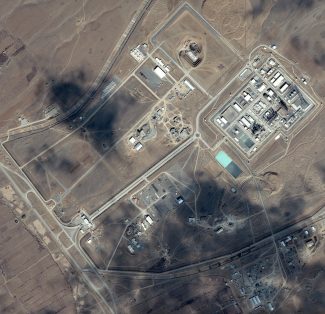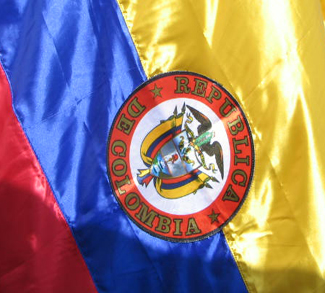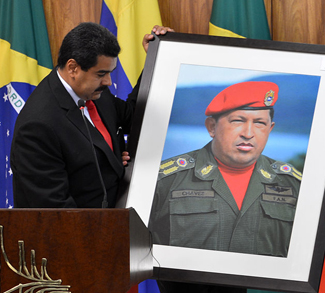Oil prices have seen a guarded rebound over the past few days thanks to a preliminary deal reached between OPEC producers Saudi Arabia, Qatar, and Venezuela, along with non-OPEC producer Russia. The deal calls on all parties to freeze their oil output at January levels.
There’s not a lot to be excited about here for energy bulls since the deal doesn’t represent any real progress towards cutting back global output. Both Russia and Saudi Arabia were already pumping at near-record highs, so there’s no market share being sacrificed by either of the major players in Tuesday’s Doha deal.
Supply continues to outpace demand in a growth-starved global economy, and there’s no reason to believe that this week’s deal will alter the market fundamentals keeping oil prices at their lows.
The deal’s importance is largely symbolic. It’s the first global oil deal in 15 years and proof that major producers can work together – at least in theory.
We still have to wait and see what happens with the implementation of the production freeze. Recall that the last deal reached between OPEC and non-OPEC producers in 2001 saw Russia failing to implement the agreed upon cuts, instead choosing to pump even more oil. This failure of the last attempt to harmonize OPEC and non-OPEC output contributes in large part to the skepticism of oil traders towards the possibility of reaching a deal that could shift the fundamentals of global energy markets.
Past precedent isn’t all negative. In 1998, Saudi Arabia, Venezuela, and non-OPEC producer Mexico reached a deal that saw the OPEC arch-rivals cooperating on output in order to support prices.




